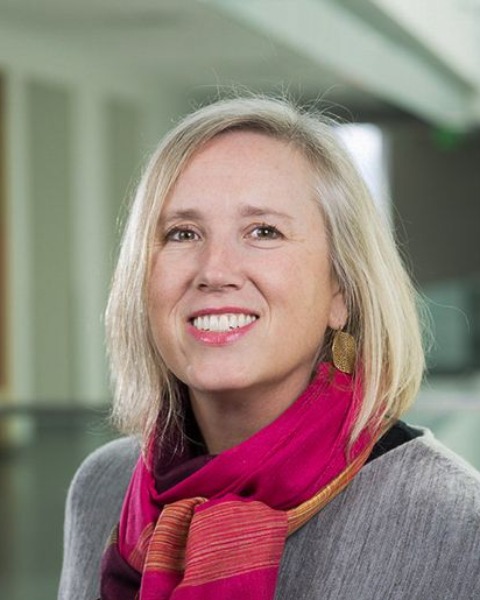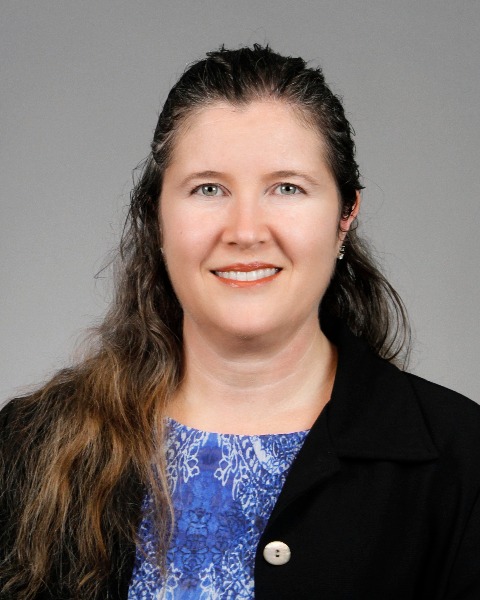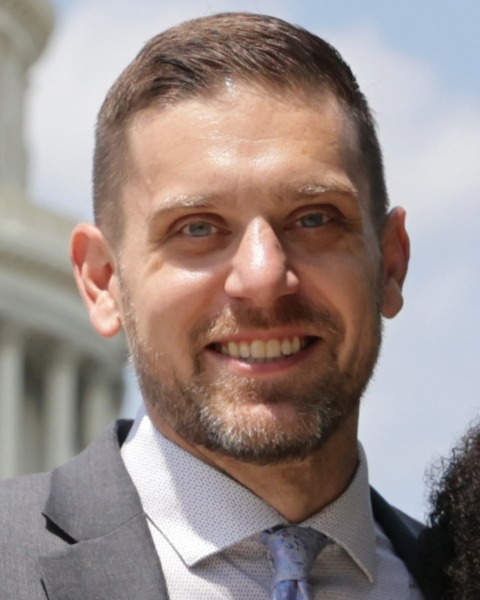Cluster, Multi-site and Multi-level Evaluation
The Power of Evaluator Collaboration in Assessing Readiness for Change in Educational Capacity Building Efforts
-

Cori Groth, PhD (she/her/hers)
Associate Director
Utah Education Policy Center, University of Utah
Salt Lake City, Utah, United States -

Cori Groth, PhD (she/her/hers)
Associate Director
Utah Education Policy Center, University of Utah
Salt Lake City, Utah, United States -

Sharon Herpin, PhD
Senior Research Associate
WestEd
Seal Beach, California, United States -

Sharon Herpin, PhD
Senior Research Associate
WestEd
Seal Beach, California, United States -

Steven Malick, M.P.A.P. (he/him/his)
Senior Researcher
Mathematica
Kent, Washington, United States -

Steven Malick, M.P.A.P. (he/him/his)
Senior Researcher
Mathematica
Kent, Washington, United States -
.jpg)
Grady Deacon, M.P.P. (he/him/his)
Research Analyst
Mathematica
Chicago, Illinois, United States -
AB
Annie Barton, PhD (she/her/hers)
Research & Evaluation Associate
Utah Education Policy Center, University of Utah
Presenter(s)
Author(s)
Presenter(s)
Author(s)
Presenter(s)
Author(s)
Presenter(s)
Location: Room 301
Abstract Information: In this interactive panel discussion, presenters will share strategies for assessing SEA organizational readiness for change to improve the implementation and outcomes associated with three federally funded Comprehensive Assistance Centers (CC). The CCs, led by WestEd, provide technical assistance and capacity-building services to state education agencies (SEA) in three regions across the country. Panelists will discuss how they are collaborating in their roles as internal and external evaluators for WestEd’s CCs to design common tools and protocols for assessing SEA readiness for organizational change. Assessments of an organization’s readiness for change can provide insights about how an organization, division, or department within an organization is positioned to engage in change efforts, which is essential to the success of technical assistance and capacity-building efforts. The panelists will also discuss lessons learned about leveraging the expertise and experience as internal and external evaluators to address the complex, multifaceted context of capacity-building efforts in the different regions.
Relevance Statement: Authorized by the Educational Technical Assistance Act of 2002, the Comprehensive Regional Assistance Centers program currently funds 19 Regional Centers serving geographical regions. WestEd’s Region 2, (Connecticut, New York, Rhode Island), Region 13 (Bureau of Indian Education, New Mexico, Oklahoma), and Region 15 (Arizona, California, Nevada, Utah) Comprehensive Centers (CC) are designed to provide technical assistance and capacity building supports to State Education Agencies (SEA). As required by the US Department of Education, grantees have conducted evaluations to inform their continuous improvement efforts and to document the ways CCs build the capacity of SEAs to carry out education initiatives and close opportunity gaps. At the beginning of the current project period (2019-2024), WestEd convened the evaluators from each of the three CC regions to initiate a long-term commitment to working collaboratively on evaluation efforts. An important focus of the three CC evaluation teams is to document how the CCs assess the readiness of SEAs to engage in change efforts that address high-priority needs and legislative requirements. However, CCs need to understand how “ready” the SEAs are to take on this work. Designing quality technical assistance and capacity-building efforts can be improved when CCs accurately assess the SEAs’ organizational readiness for change. For example, the information gleaned can help determine appropriate entry points and resources for the change efforts or identify areas for capacity-building before initiating a change effort. Likewise, developing evaluation instruments to gather evidence about how CCs assess SEA organizational readiness for change is equally complex. The CC evaluators drew from research in diverse fields (e.g., Choi et al, 2011; Holt et al, 2013; Oreg and Sverdlik, 2011; Weiner, 2009) to understand organizational readiness for change in the context of building SEA capacity as SEAs respond to external demands and changing contexts longitudinally. Assessing readiness for change offers insight into the episodic and developmental nature of change initiatives at different stages of the change process. Assessing readiness for change can address both collective and individual perspectives about proposed or impending changes to capture the inter-related and dynamic nature of organizational readiness for change. The collaboration across the three CC evaluations has allowed for the development of practical tools and protocols for the CC project staff to use in assessing SEA readiness for change in relation to the specific technical assistance and capacity-building services. The use of these tools and protocols by CC project staff in turn yields important evidence used by the evaluators to document the quality and impact of CC technical assistance and capacity-building services. This panel provides specific descriptions of how the CC evaluators developed the readiness for change assessment tools and protocols, the structures and activities that have supported CC staff in implementing the tools and protocols, and the outcomes and benefits of using the tools and protocols to assess SEA readiness for change. The audience will leave with practical examples and lessons learned about designing and supporting the ongoing collaboration of evaluators across projects and contexts.
